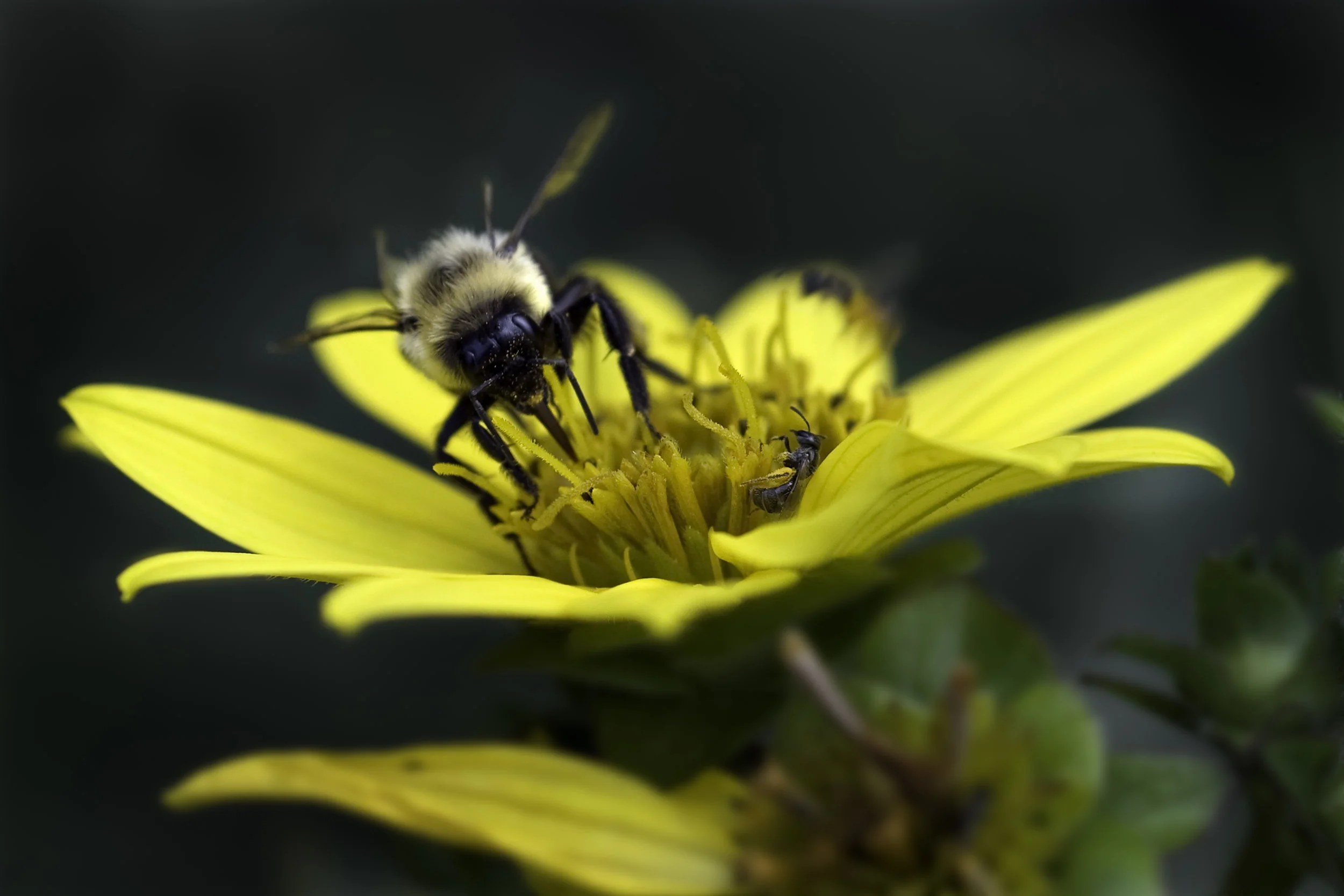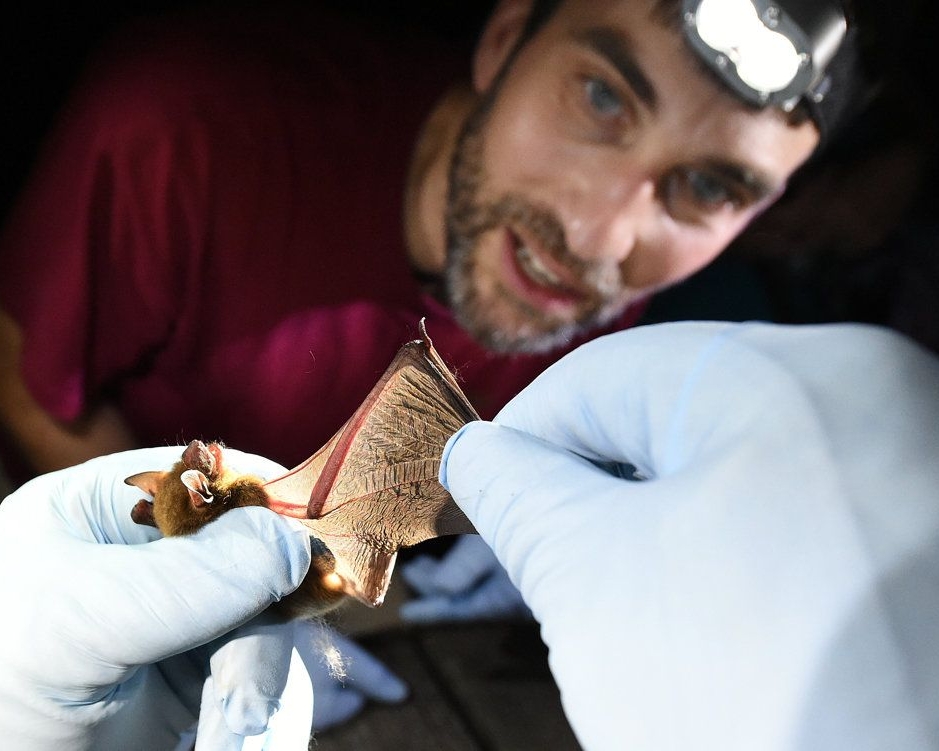Restoration
Research
BIRD BANDING
Biodiversity
High biodiversity ensures the best chance of survival for each species within an ecosystem. Because everything in nature is cyclical, an increase in biodiversity will always result in a greater production of vital nutrients and energy. In the same way, any decrease in species populations, such as the long leaf pine, will result in a more unstable, less sustainable, and potentially dangerous environment.
All species of living things, humans included, rely on other living things, or organisms, to sustain them. Consider the bee, and how important it is for the pollination and growth of human-cultivated crops. If bees were ever to disappear, something like a third of global food production would very quickly collapse.
This is just one very big example, but the principle applies at even the tiniest of levels, from the tallest tree canopy, to the mycelial networks branching out below the soil, to the sea floor of the Gulf of Mexico. Other possible examples include the symbiotic relationship of mosses and lichens, the reintroduction of wolves at Yellowstone National Park which led to an increase in other species populations, such as the beaver and Aspen, or the countless ways in which humans affect and interact with the land they inhabit, from deforestation to mountaintop removal to worksite runoff.
In this vast web we call our ecosystem, a single strand connects to and joins all the others. To alter or remove one would be to throw the entire network out of balance. Think about a string of lights during the holidays, and how one bulb going out means that the entire strand goes dark. Biodiversity is like that, but on a higher scale by multiple orders of magnitude, and each of those strands criss-cross and connect like the threads of a spider’s web.
Want to learn more? Click below for community generated species lists of plants and animals observed on Ruffner at iNaturlist.org!
Plants (Flora) of Ruffner Mountain
Animals (Fauna) of Ruffner Mountain










